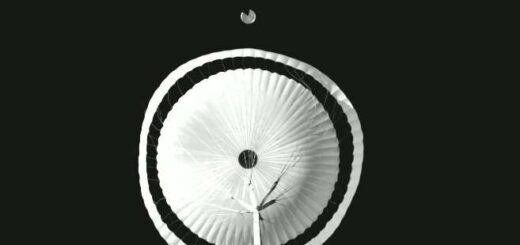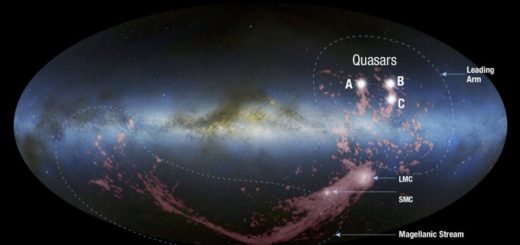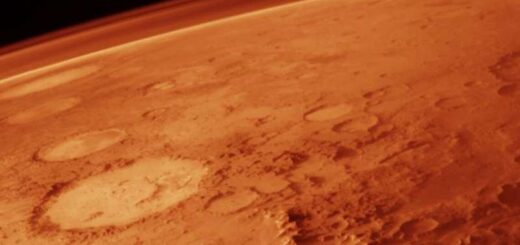Ancient Astronauts: What Would Intelligent Alien Life Look Like?

Author: Zandar Smith
We’ve all seen Hollywood aliens – the classic little green man with the big head, black eyes and flying saucer is forever indelibly imprinted on our brains, and when we think about alien life, that’s inevitably the mental picture that we get.
But is it possible for us to scientifically work out a better idea of what aliens would like look like?
Assuming that alien life is, like us, carbon-based and needs water to survive, then it’s entirely possible that it would look substantially like we do.
This is because intelligent life is going to need three-dimensional vision (for this you need eyes with overlapping fields of vision, at least two), a way to communicate through sound, at two arms with hands for gripping things and using tools, at least two legs for getting around… It’s possible to see that while things like color, coverings like hair or fur, and proportions could differ a lot, there are some basics that an intelligent life form couldn’t do without.
So this is an argument for alien life that is humanoid.
On the other hand, it’s possible that this assumption that alien life would have to look roughly likely us is a failure of imagination on our part, and maybe the similarities would actually be relatively few. One needs only to look at the animal kingdom in order to see the massive variety of successful life forms that can arise even among carbon-based life forms inhabiting a planet like ours.
Carbon and water are chemically such great building blocks for life that it’s very likely that alien life will also be constructed from these elements. So we can say that ancient astronauts looked like aliens In previous times.
However, the other possibility is that alien life might exist that isn’t carbon based and water-requiring like we are. This concept is so ‘alien’ to us that it’s hard to even conceive what a non-carbon-based being could look like. Silicone-based life forms from a sulphuric-acid rich planet? Our imaginations fail us here.



 Creators of mankind
Creators of mankind Description of “Tall white aliens”
Description of “Tall white aliens” Where they came from?
Where they came from? About hostile civilizations
About hostile civilizations The war for the Earth
The war for the Earth “Tall white aliens” about eternal life
“Tall white aliens” about eternal life Video: “Nordic aliens”
Video: “Nordic aliens” Aliens
Aliens Alien encounters
Alien encounters The aliens base
The aliens base UFO
UFO Technology UFO
Technology UFO Underground civilization
Underground civilization Ancient alien artifacts
Ancient alien artifacts Military and UFO
Military and UFO Mysteries and hypotheses
Mysteries and hypotheses Scientific facts
Scientific facts


















